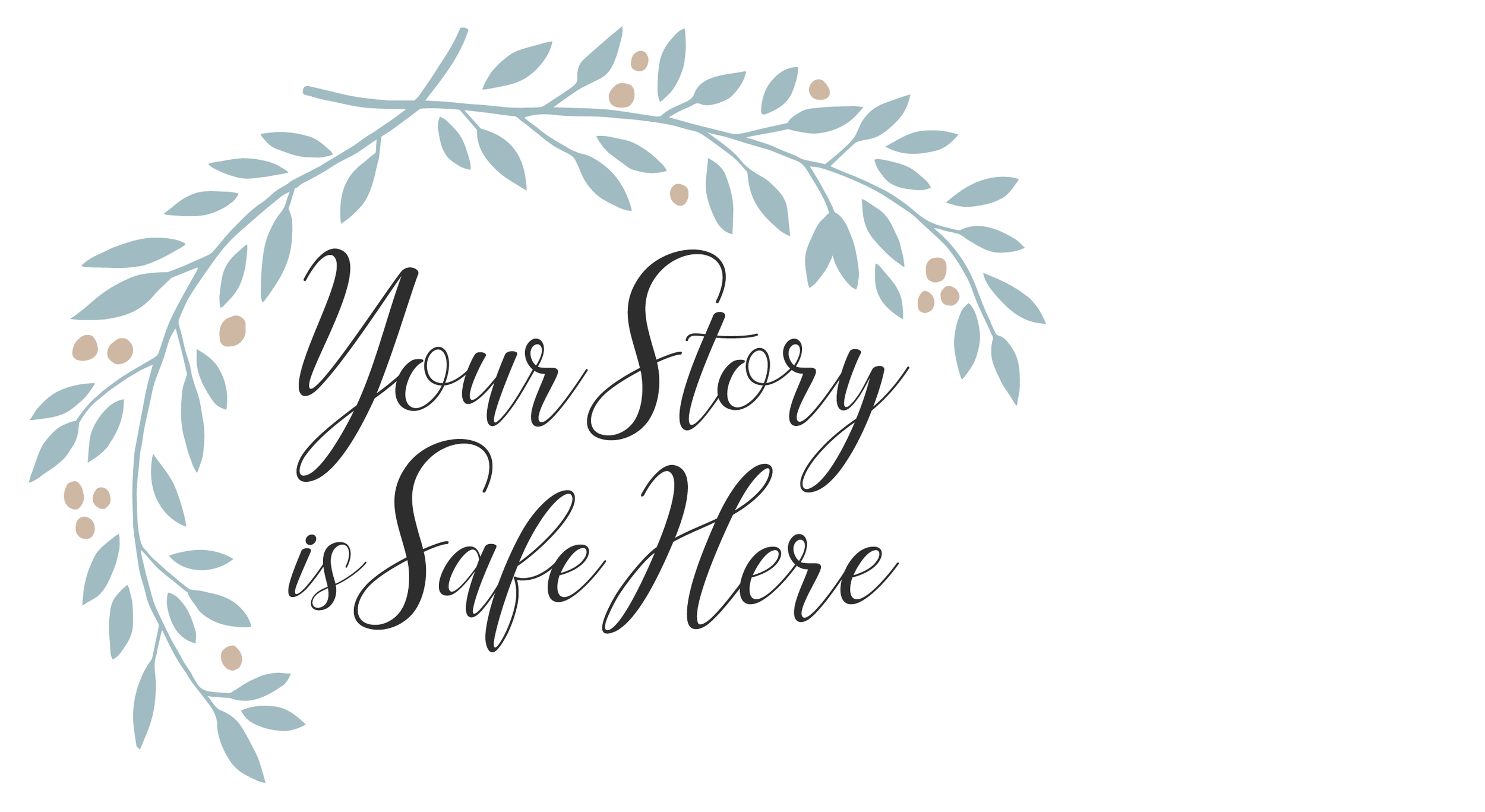Lurching Into the Festive Season
It feels like you are heading into a train wreck with no brakes.
Does that sound familiar? Does that sound like…you? Sometimes there’s no pretending we are relaxed and fully engaged in the joy of parties, concerts, spiritual gatherings, or special meals together. It’s a time when grief and sorrow can hijack everything without warning. We forget things we never forgot about celebrating this season. We get mixed up making a dish we’ve made for years. Our spouse’s presence is like a stranger has dropped into a cherished family story but we know he’s a dangerous stranger and no one else does. The stress, dread, forgetfulness, sorrow, nausea, anger and tears are never far from the surface of everything that has meant so much to you over the years.
Here's a list of suggestions to help you manage the heartbreak and longing, the losses and the hopes, the loneliness and the extra people in this season:
EMDR: In the hands of a skilled and certified practitioner, this tool has helped many women disempower traumatic memories
Intentional Breathing: Use as a daily habit before and after difficult conversations, tasks, and unexpected and unsettling events, before the evening meal and before going to sleep.
Planning: If you think certain days or events are going to be difficult then plan, plan, plan. I approach them like a military operation. What will I do and when will I do it? How will I give myself safety and relief periodically? If it’s an empty day that used to be full, plan that too. I find out what’s open. I go there. Give yourself little errands or jobs at which you can succeed. Plan for entertainment inside the house and outside. Have a few special treats for yourself. Wear things that are comfy or things that please you for other reasons. Light a candle or a fire. If you have to appear somewhere else put a time limit on it. Knowing there’s a beginning and an end that you control can take pressure off all the uncertainties for us. At a family dinner you can help by clearing the table, washing pots, walking the dog, making the tea which gives you some relief from the whole group. Plan, plan, plan. Take control and trust yourself
Tapping: Yes, it works. I have no idea how and I don’t care. It’s there when I need it. Here’s an intro video https://youtu.be/j1-PPM70_fE I particularly value the part that it took me a while to do—speaking a sentence like this “I love and accept myself even though I am feeling (choose one or add one that works for your life) afraid/hurt/angry/depressed/unwanted/lonely/useless/stupid/ashamed/anxious/stressed/resentful/jealous/devastated/powerless/worthless, etc. In my spiritual life I have also expressed this as a prayer of honesty and reaching out.
Stay Sober: Don’t numb yourself in ways that can create other more serious problems.
Walking/Rolling/Driving: Putting ourselves in motion in a broader landscaper of creation and community gives us a perspective when traumatic impact nibbles that away from us. We see life going on around us, and the possibility that it will go on for us too with purpose, beauty, challenges, successes, gains and losses, change and transformation. We belong in the landscape for even as season change, we can change, too. We belong in the community for everyone has trouble or trauma sometimes and it’s good to see we don’t’ all have it at the same time!
Hugging/Holding Myself: Sometimes I feel like I’m disappearing or being disappeared from life because my participation is clumsy or too challenging for others. Wrapping my arms around myself and holding on tightly puts me back in my body and grounds me in reality. (I have a bad shoulder now so this can be trickier than it was!)
Pursue Wisdom: Many spiritual and philosophical traditions are rich with wisdom teaching and practices. Start researching one that interests you, or one that you are in already. How does it talk about vulnerability and weakness, strength and power?
Even using these basic resources, I still falter. I still have bad patches. I have started to see this fact of life as akin to someone who lives with chronic illness or disability and does pretty well managing new limitations, special equipment and necessary diets and medications. That also helps me to feel grateful for my challenges as they are instead of facing those that belong to others. Also, I realize that I can reduce the number of bad patches, or how long they last. That’s really empowering.
We are a long way from having the support of people who recognize our needs, though, aren’t we? So, let’s recognize our needs ourselves, and begin to experiment with what could help us manage things like a “festive season.” We can do it. We can improve our own situations. We can lower our own alarms and we can give ourselves what is best for us, even if it means leaving a gathering early.
Yes, we are going to lurch a little. But we will lurch a little less. And bit by bit we take control of our lives again.
With you,
Diane.
